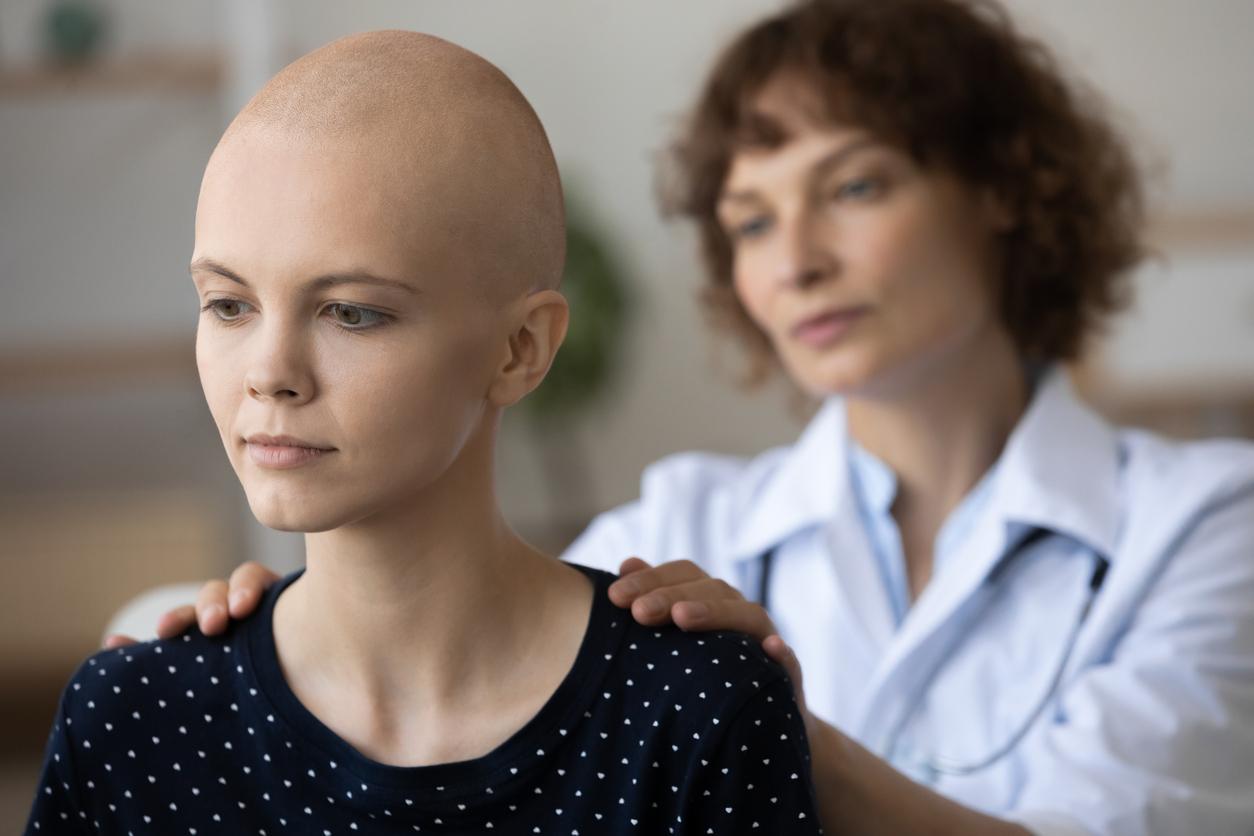Debt, physical and mental after-effects… Cancer is better and better treated, but those who survive it must then bear heavy consequences.

Cancer is one of the hardest trials there is. And for those who survive it, managing the aftermath is often very difficult. An American study has thus just shed light on the financial burden borne by former patients. Of 872 young people who had been diagnosed with cancer, 14.4% had borrowed more than $10,000, and 1.5% declared that they or their family had lost their professional activity because of the cost of treatment.
Borrow more than $10,000
In addition, 58% of the cohort indicated that even cured, the disease still undermined their physical and mental abilities, especially at the professional level. Those who had undergone chemotherapy were three times more likely to have borrowed more than $10,000, and three times more likely to have impaired mental health capable of impairing their work.
The researchers surveyed 872 young adults aged 18 to 39 during the 5 years following the diagnosis of cancer, and at least one year after the end of treatment. The cohort included: 241 breast cancer survivors, 126 thyroid cancer survivors, 126 leukemia or lymphoma survivors and 342 survivors of other types of cancer.
“My memory was not like before”
In France, unlike the United States, care is reimbursed, but 17% of ex-patients recently questioned by theSocietal Cancer Observatory don’t have never returned to work, and not everything goes well for those who do.
“When I went back to work, my brain was completely in slow motion. I don’t know if it’s the chemo that burned out the neurons, but I felt like my memory was no longer like before, I no longer integrated the stuff. It took me a long time to get back into the rhythm. I found it very difficult to return to work”, says Martine, 15 years after her treatments.
A charge 25 years later
1 French person with cancer out of 2 also declares having a remains dependent between 2 and 5 years after the end of treatment. They are even still almost 2 out of 10 to declare more than 25 years after the therapies.
This may be travel costs for follow-up examinations (26% of people with dependents); medicines with little or no reimbursement which are still prescribed in the post-cancer period to prevent or treat adverse effects (29%); consultations with professionals such as psychologists, dieticians… (26%); fee overruns, for example for breast reconstruction or breast implant replacement operations more than 10 years after the end of treatment (23%), or even dental problems (18%).

.
















